Subscribe for Access
For decades, the hardest and most expensive part of marketing was reaching your audience. That changed with the rise of the internet and digital marketing.

The Nearbound Daily is now officially the ELG Insider Daily!
Welcome to the ELG Insider Daily—the #1 newsletter in the world keeping thousands of GTM professionals on top of the latest Ecosystem-Led principles, tactics, and trends. Join the movement here.
PRINCIPLES
Drive efficiency with Ecosystem Ops
Ecosystem Ops is a repeatable, sustainable set of practices for working with your partners and internal stakeholders and scaling your partnership program.
You can optimize your organization’s Ecosystem Ops by investing in 6 things:
- Repeatable workflows between your internal teams and external partners
- Tools for sourcing, vetting, planning, and tracking your partnerships
- Internal alignment and communication between teams (think: buy-in)
- Internal training practices
- Partner enablement processes
- Specialized internal partnership roles
Pick one of those 6 things to work on today.
TACTICS
6 ways Ecosystem Ops can maximize the value of your partner program
A mature partnerships program has proven the value of partnerships. AKA it has an ROI that outweighs the cost.
Usually, companies wait until their programs are mature to invest in Ecosystem Ops, but what if an investment in Ecosystem Ops could actually lead to a more mature partnership program?
Here are 6 ways to focus on Ecosystem Ops to build a more mature partnership program:
- Streamline your workflows
Establish timelines and processes. Check out a high-level, step-by-step workflow here. The more you and your team go through this process, the more you’ll notice what you can automate and what you can templatize. - Adopt tools for scaling
The more your partnerships program grows, the more involved your marketing, sales, and, in some cases, your leadership team will need to be.
Each team will have its own workflows, tools, and KPIs to prioritize. Things can get disjointed fast. You might need to consider an account mapping tool, a PRM, an events management tool, a project management tool, and a database platform. - Align your internal teams (and get buy-in)
Sales, marketing, product, developers, client services. They need to understand how partnerships affect their team’s KPIs and how you expect them to contribute to a given partnership. - Train your Sales team
As advocates for your partners’ products, your sales team needs to learn a lot about your partner ecosystem. Use onboarding training, cheat sheets, and prepare a thorough SKO presentation. - Enable your partners
Enable your partners to sell faster, promote your products using the right resources, and understand every use case of your shared integration. Create standard, easily customizable enablement materials to hand off to your partners. - Build out your Partnerships team
Build out a specialized Partnerships team that makes it easier to invest in all of the above. Start small.
And remember don’t let the perfect be the enemy of the good. It can be easy to think that you don’t quite have a process nailed down, and thus cannot scale. There are too many variables in a partner program to ensure 100% predictability. Aim for 70% efficiency, put a process behind it, and move on.
ABM B2B MYSTERY
The darling of 2010s marketing died...who did it?
For decades, the hardest and most expensive part of marketing was reaching your audience.
That changed with the rise of the internet and digital marketing.
Marketing became cheap and easy. Companies like HubSpot promoted "inbound," the idea that if you produce great content your buyers will come to you.
This was great in some senses, but teams got swept up in the fervor and forgot the fundamentals that every marketer had learned before—how to know who to target, with what message, and at what time.
As a result, a lot of this early digital marketing was ineffective. A Forrester report from 2013 showed that just 0.75% of MQLs converted to revenue. Without the right audience for their content, marketers were essentially screaming into the digital void (and spending a lot of venture money to do it) while wondering why no one was answering them.
ABM, or "account-based marketing," began gaining traction as a method of targeting specific accounts.
But slowly, the neverending deluge of ABM content reduced to a trickle.
Read why ABM's death was untimely and check out the rest of chapters one and two of Inverta's B2B murder mystery.

UPCOMING EVENTS
ELG Con London 2024
Join us at our first official event as a unified company! Get your early bird discount to ELG Con London 2024 here!

Stuff you don't want to miss!
- July 10th—The Partnership Death Cycle and How to Avoid it—Scott Pollack (CEO at Firneo) will share the biggest challenges keeping partnership professionals up at night. By the end of the webinar you will know exactly how to overcome your daily challenges and what steps you need to take to put your partner program and career on the fast track. Register here.
You're all caught up
See you tomorrow
If this email was forwarded to you, sign up here to get the newsletter every week.
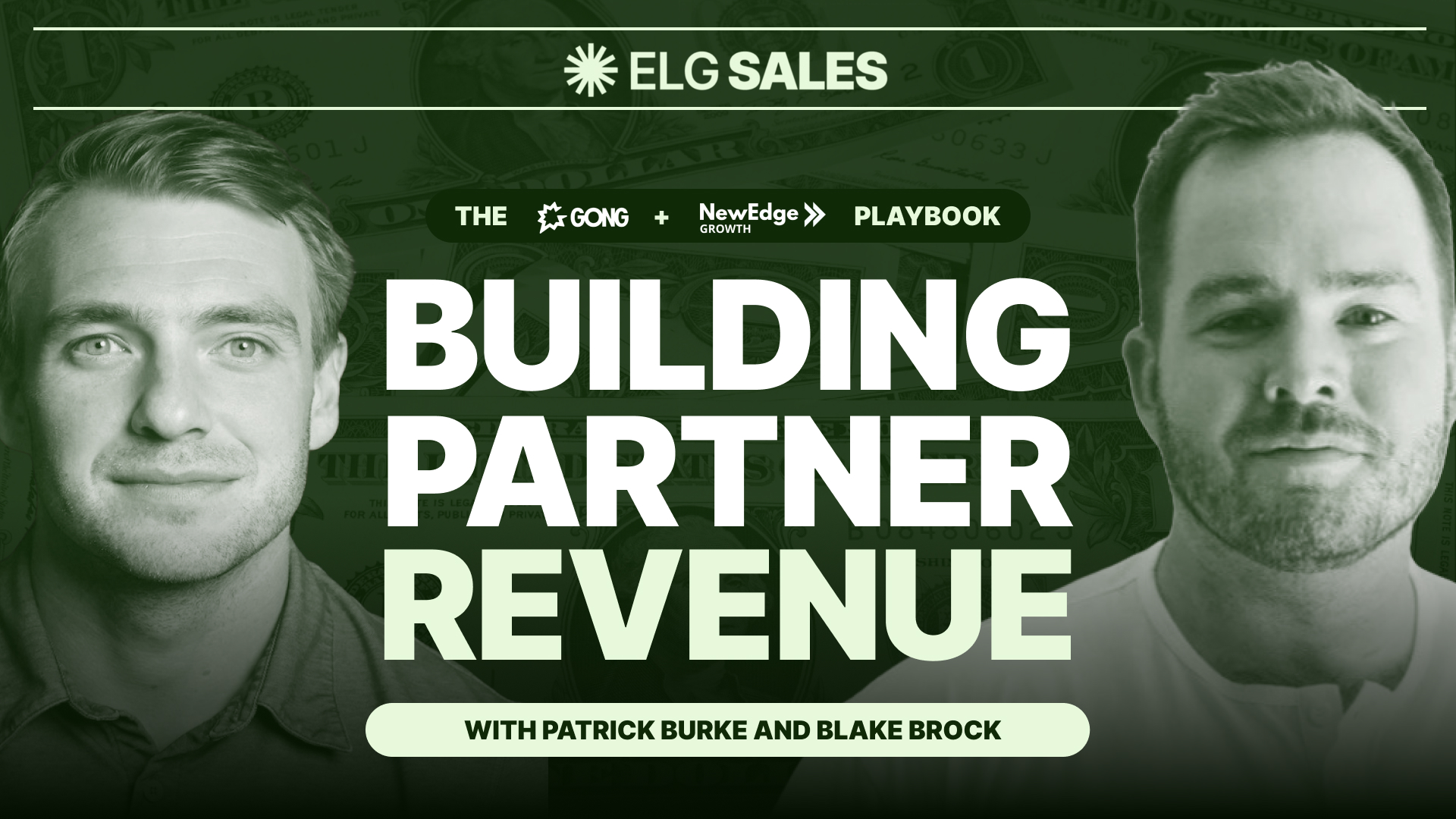
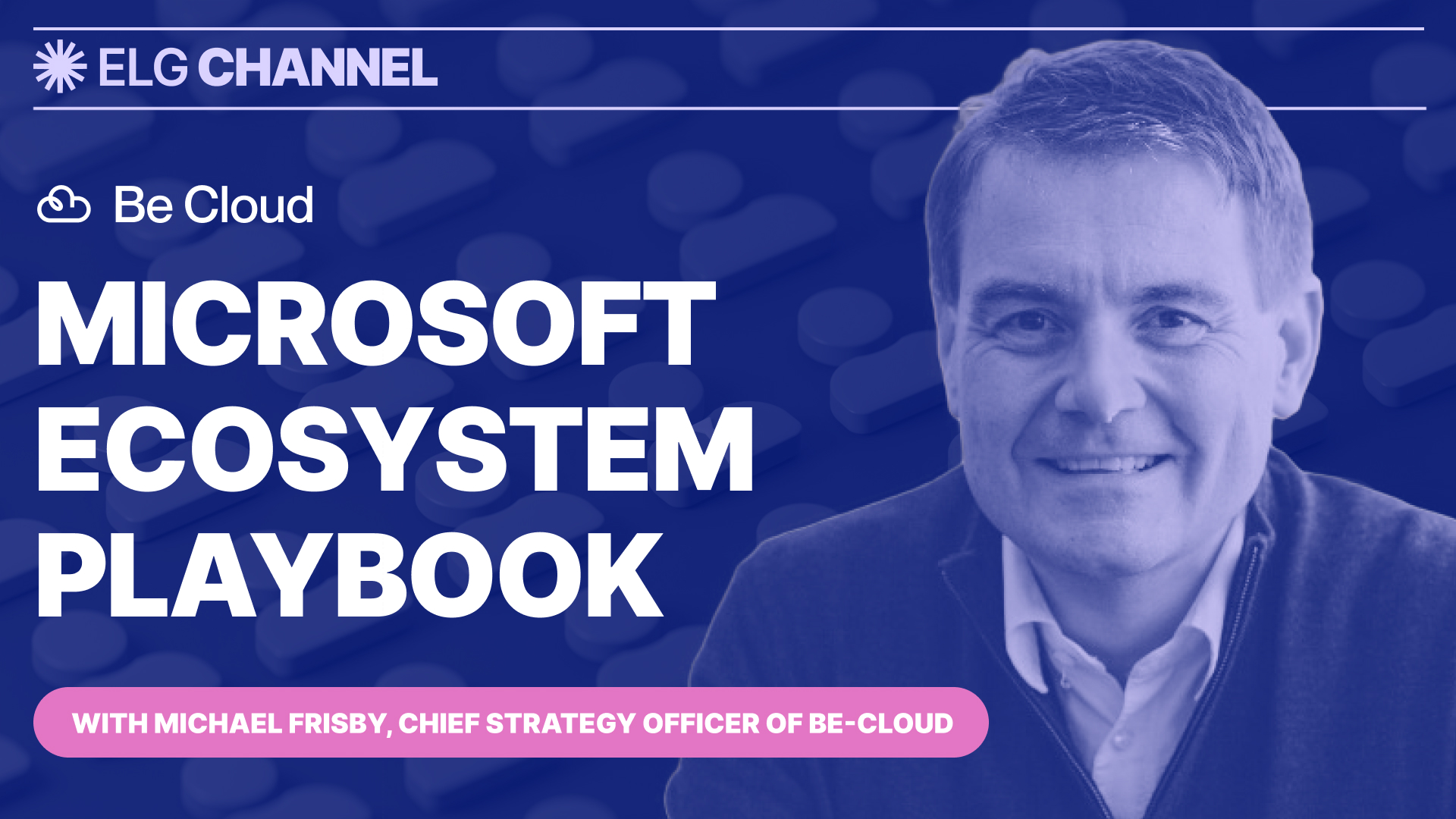





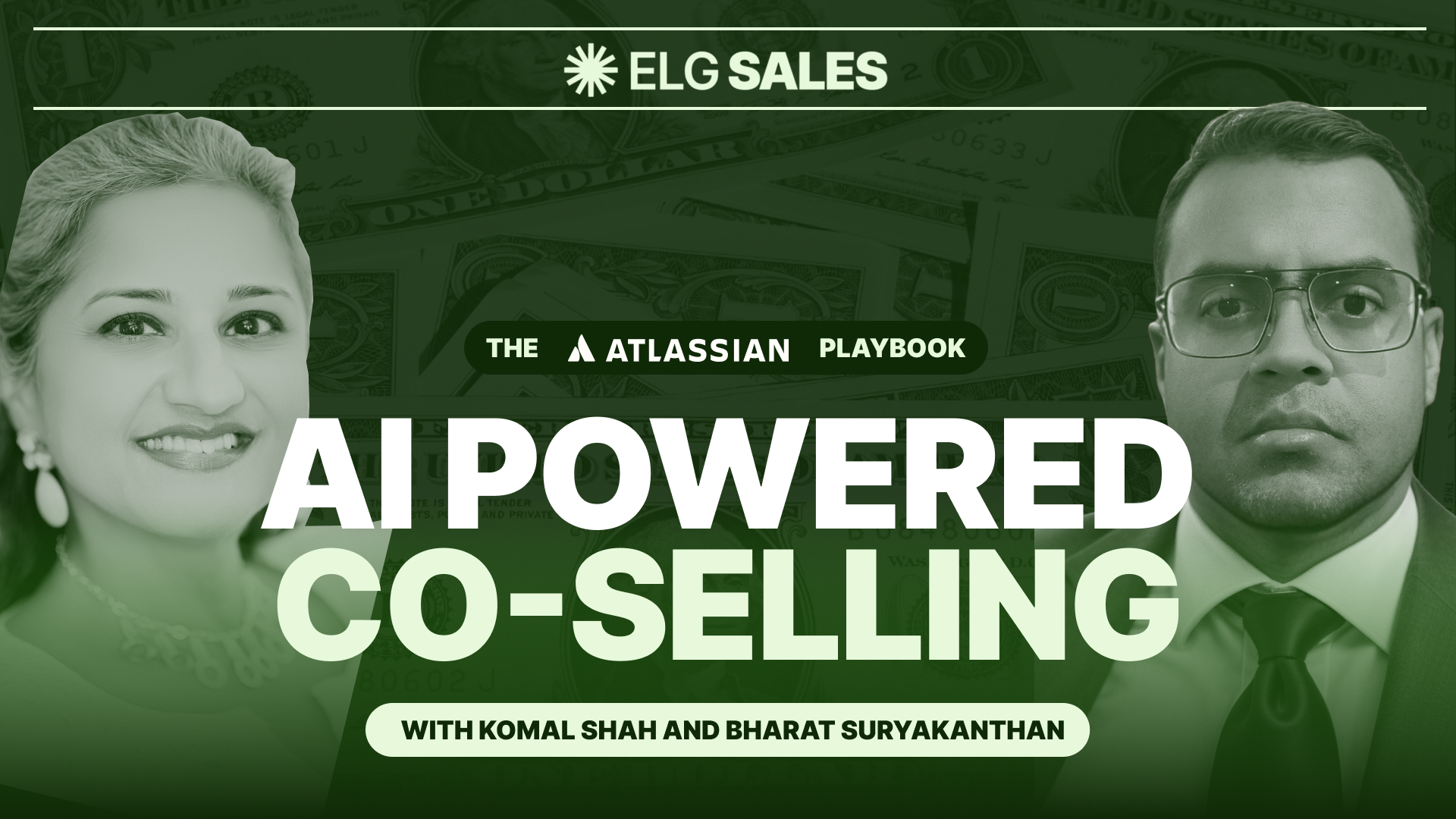
.jpg)







%20(1).jpg)
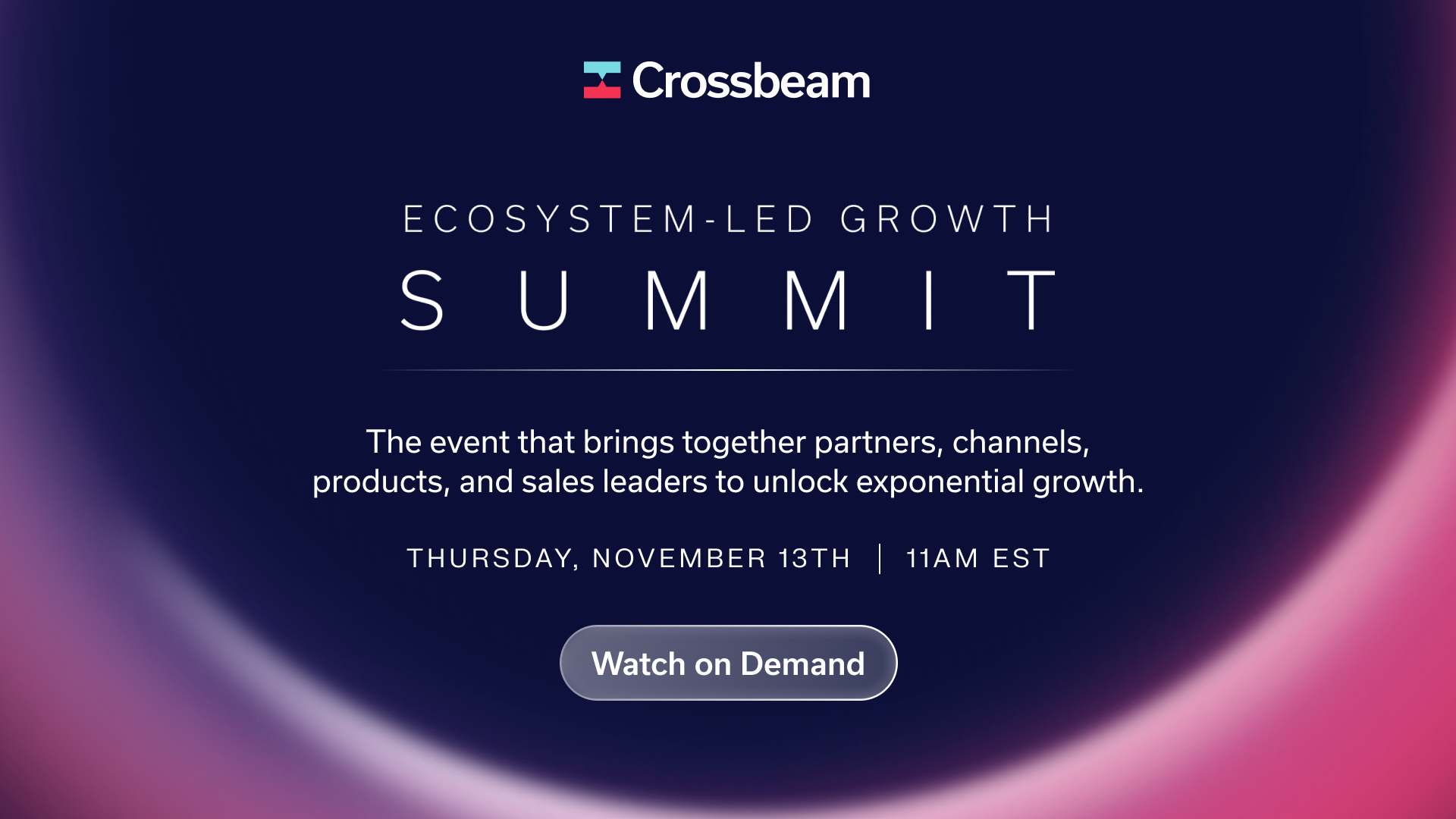

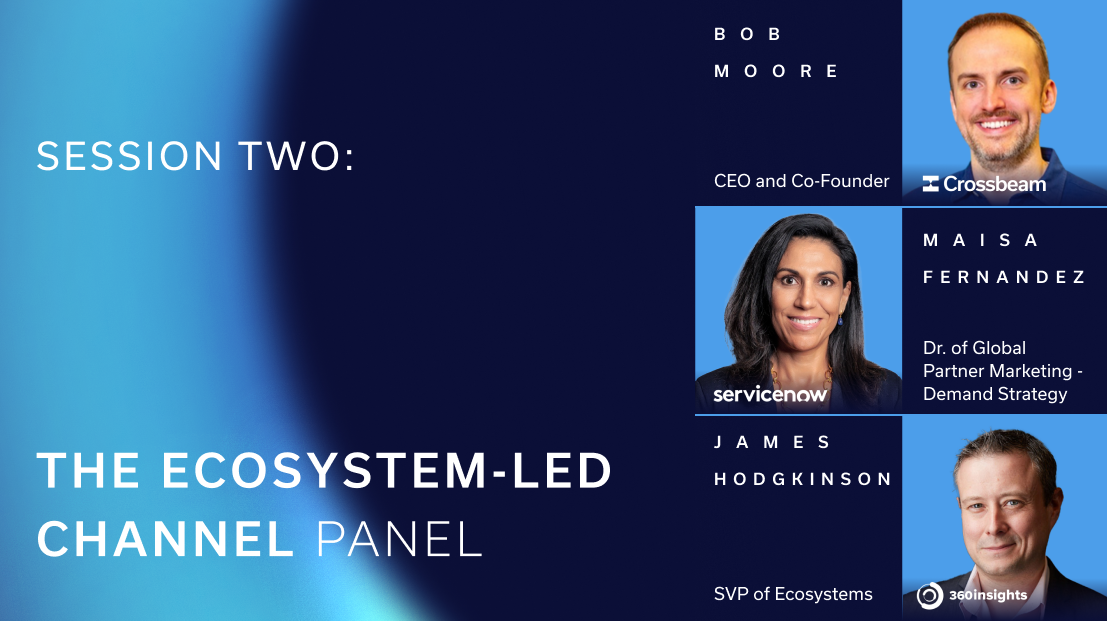



.png)
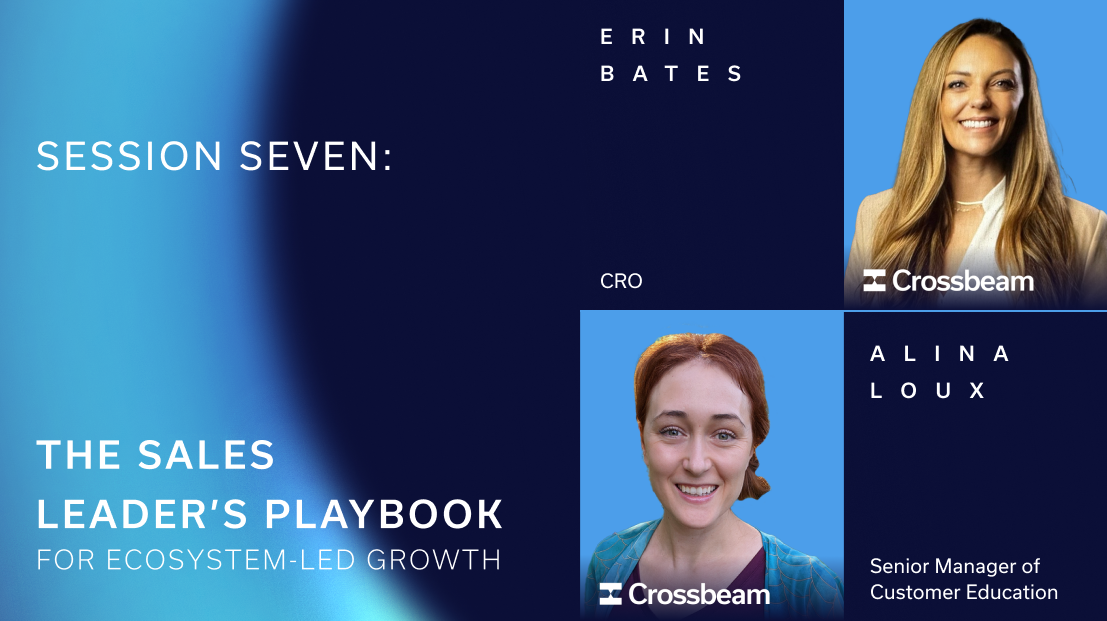














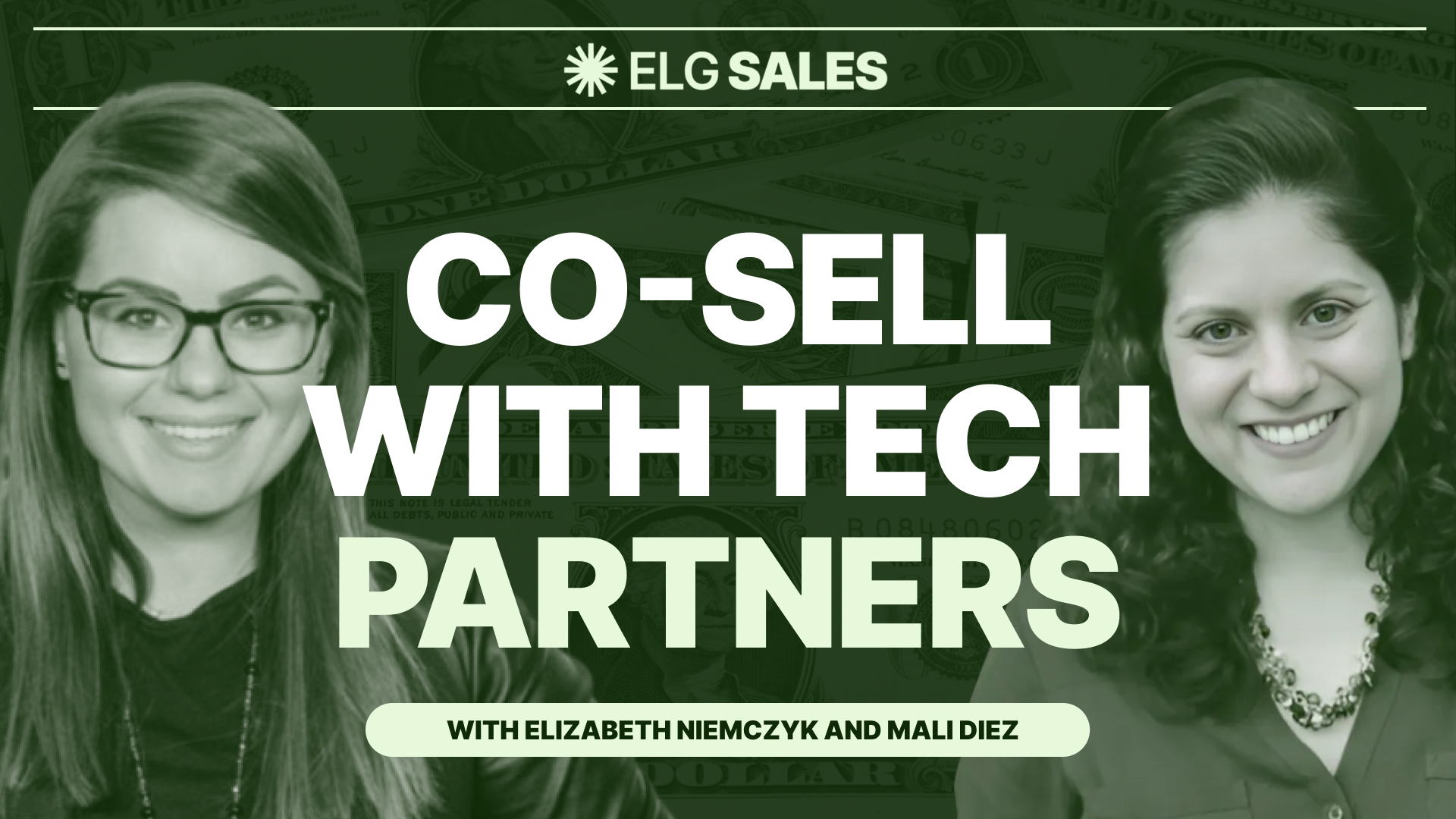

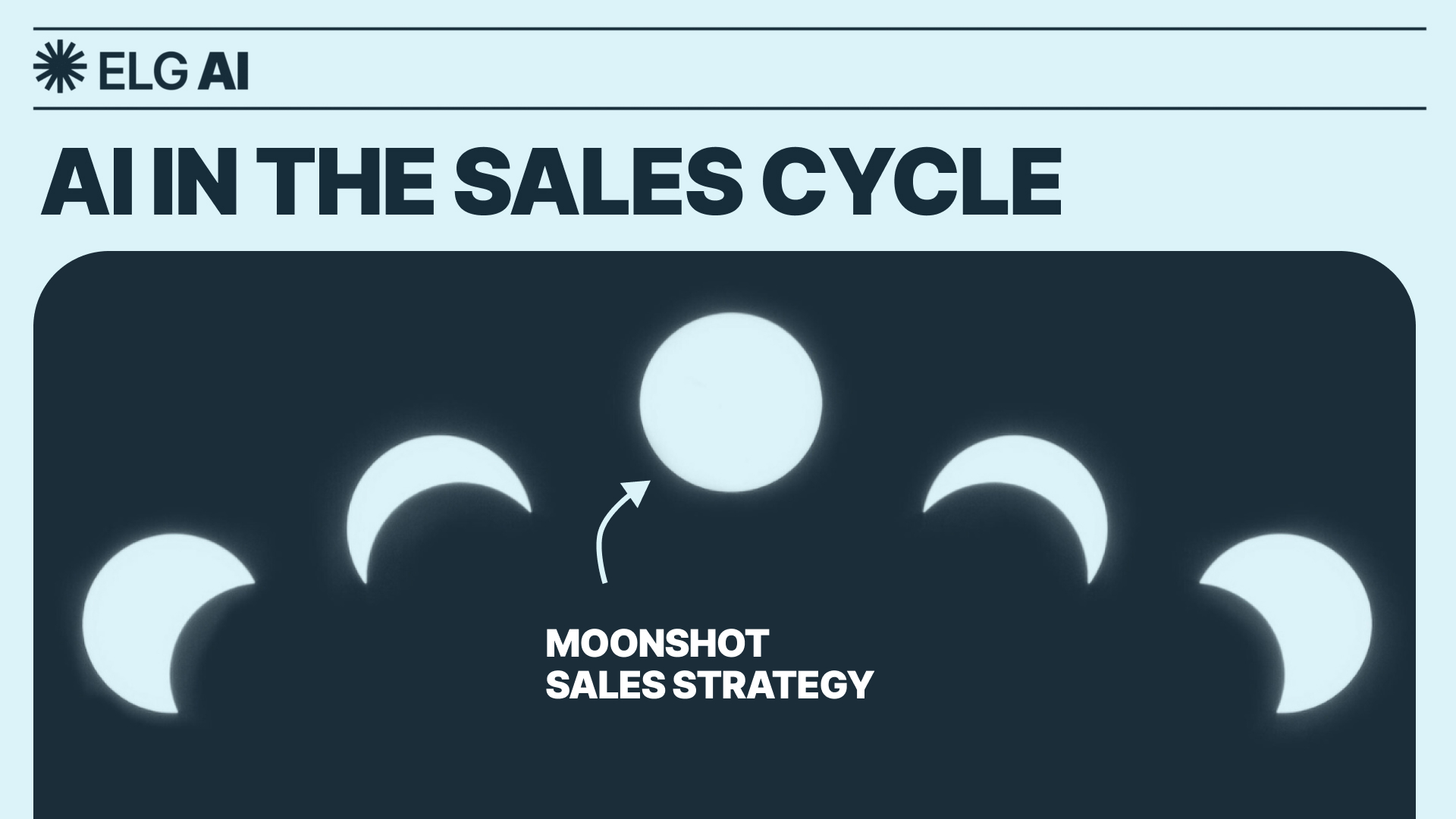










.jpg)




.png)



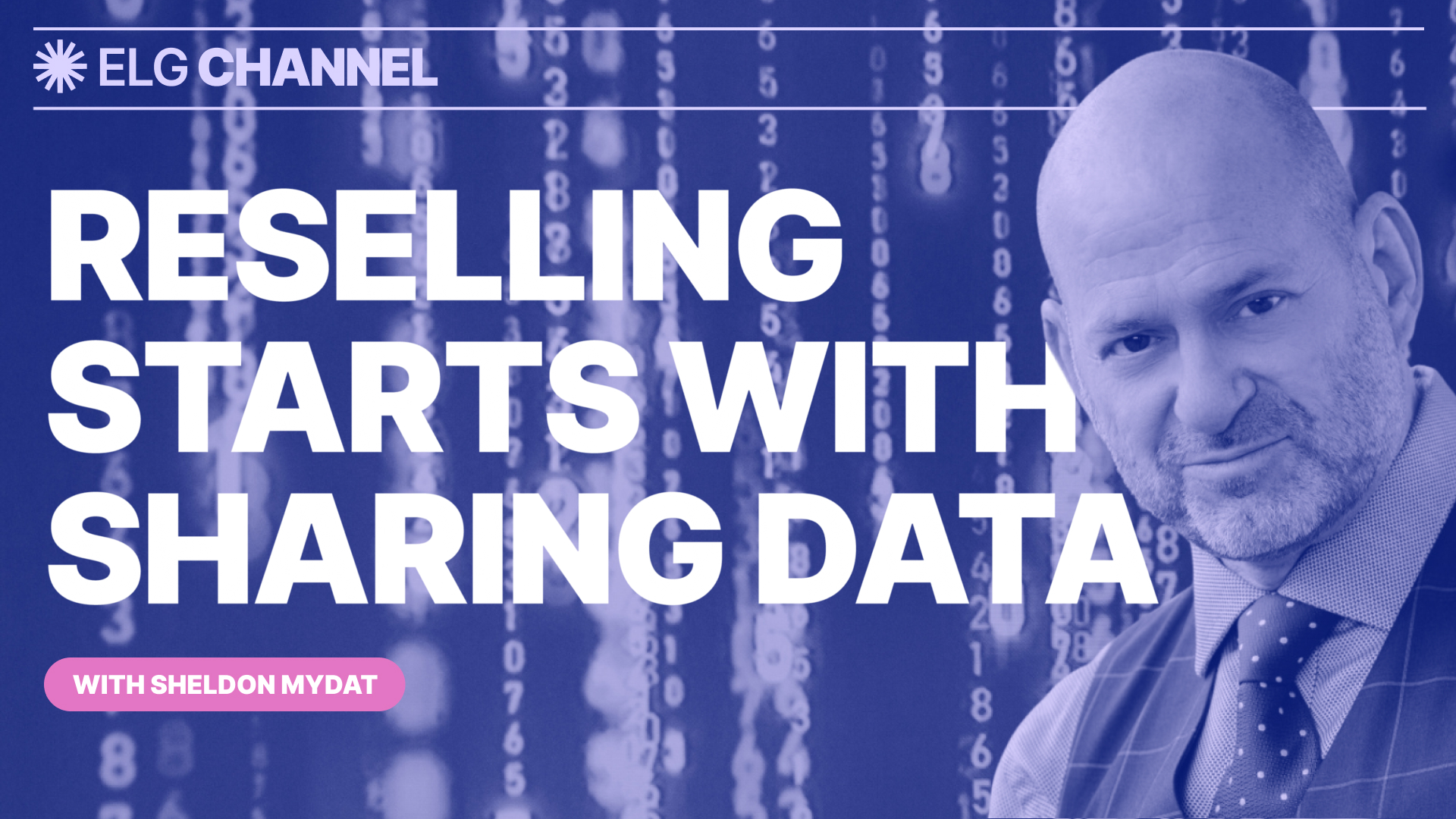


.jpg)





.jpg)

.webp)















